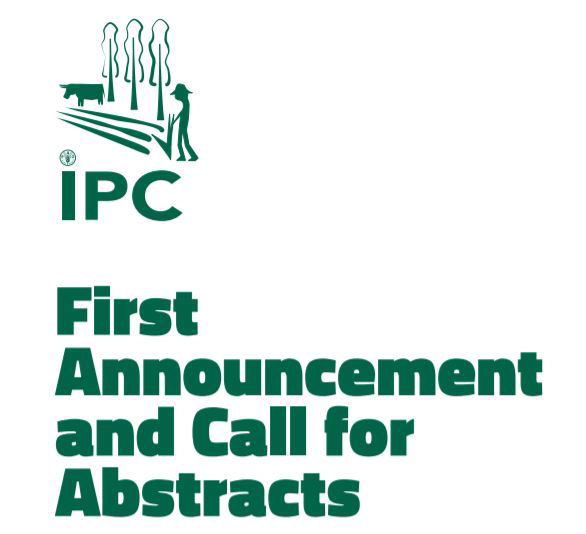50th Executive Committee Meeting of the IPC 5 October 2020 26th Session of the IPC, 6 to 9 October 2020 | Rome, Italy

ABOUT THE IPC AND THE IPC SESSIONS The IPC (International Commission on Poplars and Other Fast-Growing Trees Sustaining People and the Environment) is a statutory body of FAO founded in 1947 to facilitate restoration of the severely degraded landscapes of Europe after the Second World War. Today it has 38 Member Nations on five Continents. The IPC achieves its objectives through technical exchange, standard setting, and the conservation and sustainable use of fast-growing trees. Traditionally, poplars and willows have been the main interest of the IPC; in 2019 however, the IPC broadened its scope to include other fast-growing trees that sustain people and the environment. Organized every four years, the IPC Sessions are held to review information on scientific, technical, social, economic and environmental aspects of fast-growing trees through presentations and technical papers; review National reports; and discuss recommendations to FAO through FAO’s Director-General and to the IPC National Commissions. At these meetings, decisions are made by the IPC on recommendations to FAO’s Director General, the National Commissions of the IPC, and on the programme of work for the IPC in the subsequent four years.